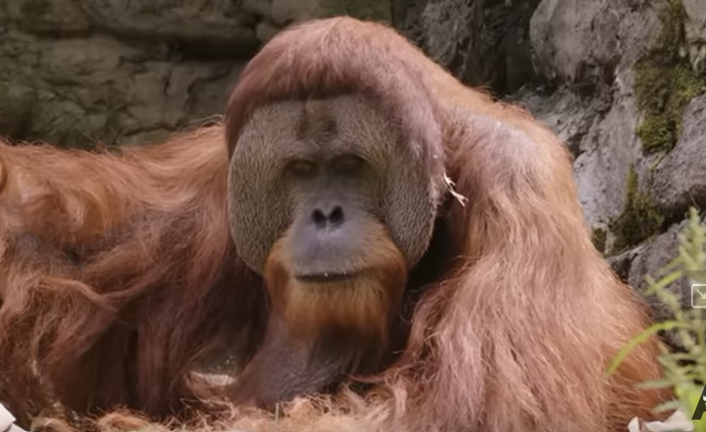KUALA LUMPUR – In a move that mirrors China’s “panda diplomacy” and Australia’s showcasing of koalas at global summits, Malaysia is set to join the trend of using adorable ambassadors as part of its international relations strategy. The Southeast Asian nation plans to gift orangutans to countries that purchase its palm oil.
The Palm Oil Connection
Palm oil, the world’s most widely consumed vegetable oil, is found in a vast array of products, from shampoo and soaps to ice cream. However, the cultivation of palm oil has been a significant driver of deforestation, posing the greatest threat to the survival of critically endangered orangutans.
Orangutans as Ambassadors
In a bid to counter the negative publicity associated with palm oil production, the Malaysian government is turning to one of the country’s most iconic and beloved animals – the orangutan. These creatures, whose habitats have been severely impacted by palm oil plantation expansion, are now being positioned as ambassadors in a unique marketing strategy.
Countries that are significant importers of Malaysian palm oil will be gifted orangutans, in a move that is expected to foster stronger diplomatic ties and promote a more positive image of the palm oil industry.
Balancing Act
This new strategy represents a delicate balancing act for Malaysia. On one hand, it aims to boost the country’s palm oil industry and strengthen international relations. On the other hand, it brings attention to the environmental impact of palm oil production and the plight of the orangutans.
The success of this initiative will depend on how effectively the Malaysian government can navigate these complexities and demonstrate its commitment to sustainable palm oil production and orangutan conservation.
In conclusion, Malaysia’s new “orangutan diplomacy” represents a novel approach to international relations and marketing. It remains to be seen how this strategy will play out on the global stage and what impact it will have on the country’s palm oil industry and its orangutan population. (zai)

